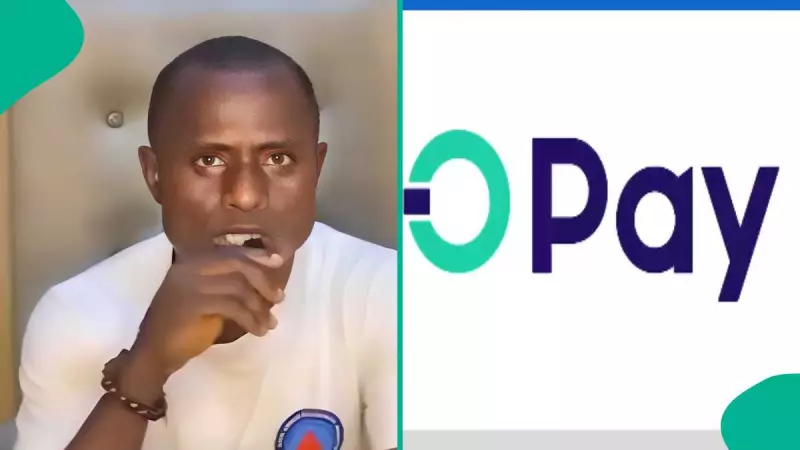
A Nigerian pastor has found himself in hot water after making a controversial prophecy about popular fintech platform OPay, leading to a very public apology that has taken social media by storm.
The clergyman, whose identity remains undisclosed, had boldly predicted that OPay would soon collapse and cease operations in Nigeria. His prophecy quickly went viral across various social media platforms, causing significant concern among the company's millions of users.
The Backlash That Followed
Rather than being received as divine insight, the prediction triggered massive outrage from Nigerians who depend on OPay for their daily financial transactions. The platform has become an essential service for many, facilitating everything from money transfers to bill payments and ride-hailing services.
Social media users didn't hold back their criticism, with many accusing the pastor of attempting to undermine a company that provides livelihoods for thousands of Nigerians. The overwhelming negative response forced the clergyman to reconsider his stance.
A Humble Retreat
In a dramatic turn of events, the pastor released a follow-up video where he publicly begged for forgiveness from both OPay and its extensive user base. His apology video has since gained even more traction than his original prophecy.
"I want to use this opportunity to beg OPay, I'm sorry," the remorseful pastor stated in the viral clip. "I'm also using this opportunity to beg all the customers of OPay. I'm sorry. I'm also using this opportunity to beg all the staff of OPay."
Public Reaction to the Apology
Nigerian social media users have expressed mixed reactions to the pastor's change of heart. While some have commended his willingness to apologize publicly, others remain skeptical about the initial motive behind the prophecy.
The incident has sparked broader conversations about the responsibility religious leaders should exercise when making public predictions that could affect businesses and people's livelihoods.
This serves as a cautionary tale about the power of words in the digital age, where a single video can trigger widespread consequences that demand accountability and damage control.





